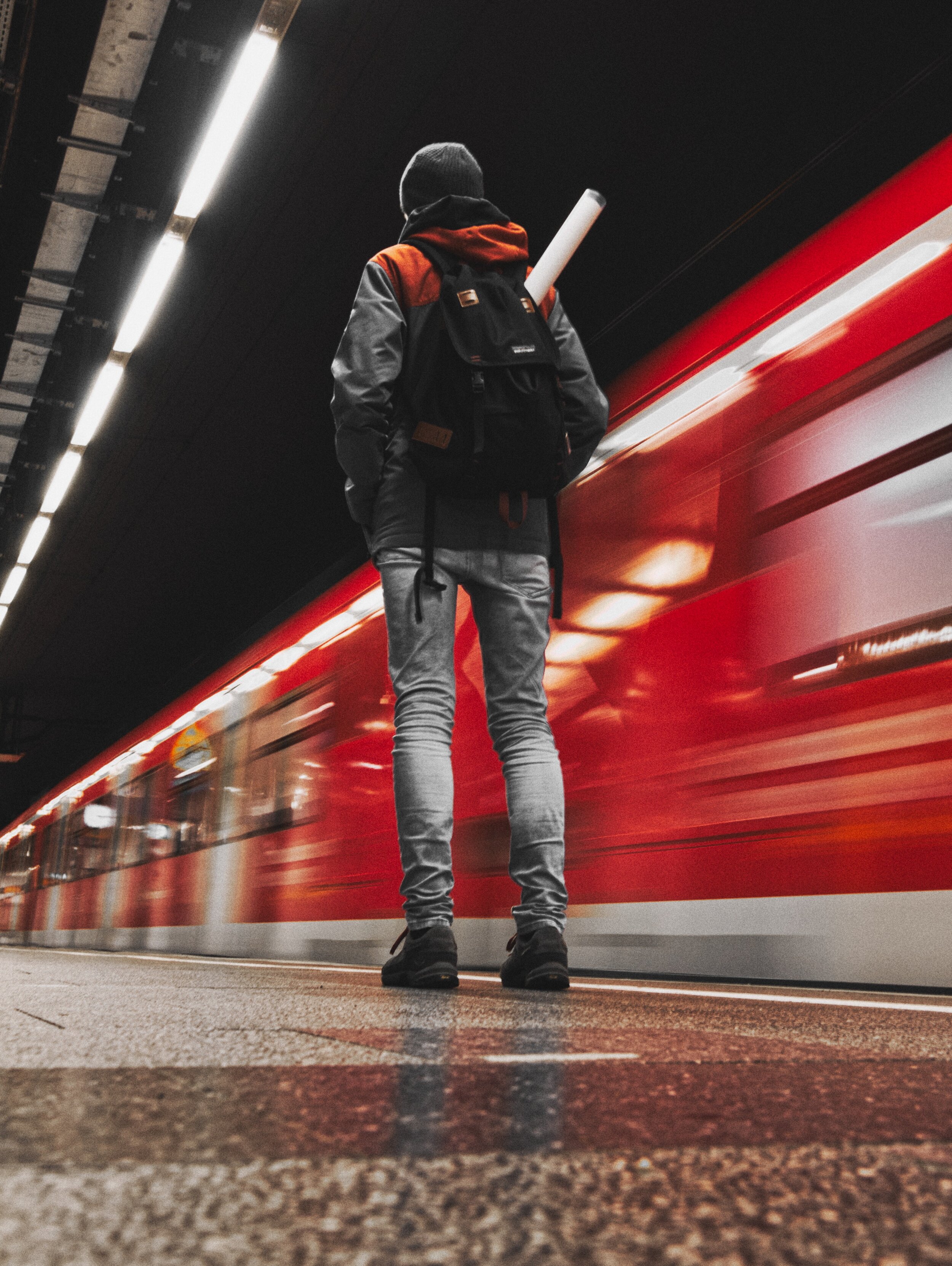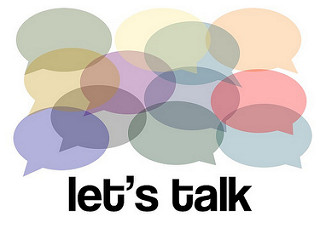Food. Medicine. Mobility.
These are essentials for living. For most of us, this isn’t a problem. But there are many in our own towns and neighbourhoods who are struggling to obtain them—now more than ever.
In the spirit of our ongoing discussion around teamwork, there could be no better time to talk about what we can do for each other.
On the evening of March 23rd the government announced that a 3-week lockdown would be enacted across England. People had to create a plan for how they’re going to get through to the 13th of April.
The consequences for the most vulnerable were immediately apparent—vastly reduced transportation services, overtaxed supermarkets, and the risk of infection through contact at medical facilities.
Perhaps none were more affected than the elderly, those with underlying health conditions, people on low incomes, and the homeless.
And then there are public services. Although key workers are staffed across the country working overtime to meet the massive needs of our NHS, emergency services, and distributing essential goods, there’s still more to do.
Now, thanks to groups of concerned people nationwide, gaps in the government response are being filled by a new social safety net—our neighbours.
Supporting our NHS
One of the most high profile needs is with the National Health Service. As of March 24th the government appealed to the public for 250,000 volunteers to help the NHS transport people to and from medical appointments and deliver food and medicine.
The response was immediate and overwhelming. Over 750,000 people have applied to get involved with NHS Volunteer Responders, so many that the recruitment scheme has been temporarily paused to process the intake of the first wave.
There’s no doubt that as long as the pandemic continues and the needs of the NHS grow, so will the call for volunteers. Continue to check the NHS England website to find out what their needs are and how you can help your community respond to medical priorities in your community.
Mutual Aid Groups
Even before the lockdown went into effect, people began to organise in anticipation. Social media has been a huge part of the effort. The term “mutual aid groups” has quickly become a buzzword with concerned individuals seeking out their local group through platforms like Facebook.
A mutual aid group is a group of people coordinating amongst themselves to help one another and others with whatever they might need. The unique challenges of the lockdown like having children at home, restricted movement, and isolation measures make obtaining the essential and the non-essential alike more difficult, so MAGs are going the extra mile. Dropping mail in a postbox, loaning books and board games, doing the shopping for a vulnerable person, or picking up medicine for the children of parents who can’t leave home—these are just a few examples of the important work that is being done.
The namesake of the movement is CoVid-19 Mutual Aid U.K., an organising committee of itself just a handful of volunteers helping communities all across the country to get in touch with resources and coordinate their response and recruitment. They’ve put together a spreadsheet of all the existing mutual aid groups here. Just click to open and search for your local group. If you don’t see one, consider starting one or getting in touch with a group that might be interested in becoming one.
Nextdoor and next-door
Social distancing has had a big impact on the way neighbourhoods interact, but that doesn’t mean we can’t still connect. Social media platforms like Nextdoor have been bringing people together over local issues.
The Silicon Valley startup arrived in the U.K. in 2016. Since then, Nextdoor has been a part of U.S. disaster response communications and extreme weather alerts, as well as spurring civic action and community involvement. It provides a great way to check in on people in your neighbourhood or post a need yourself.
While I’m on the subject, one of the growing needs of more and more people across all demographics is social engagement. Loneliness, anxiety, and other mental health issues can all become heightened during times of crisis and extended isolation, so it’s that much more important that we help one another to stay positive.
New apps and initiatives have been released to help maintain people’s mental wellbeing. TeachTogether has been launched to connect teachers. Young people struggling to cope can get in touch with YoungMinds to speak to a trained volunteer using their free messenger service (text 85258). MentalHealth.org has a list of reputable services like Samaritans and Rethink where people are standing by to speak by phone with anyone who needs emotional support.
However you keep in touch, make sure to stay safe.
Stay home>Protect the NHS>Save lives
These are some great examples of resources and ways to get involved. Above all, remember to protect yourself and others. While we won’t know the full impact of following the government’s guidelines until after the pandemic has passed, early reports suggest that we’re on the right track. If we work within the guidelines while helping each other, we may make it through with even stronger communities.
Now that’s what I call “teamwork”.





